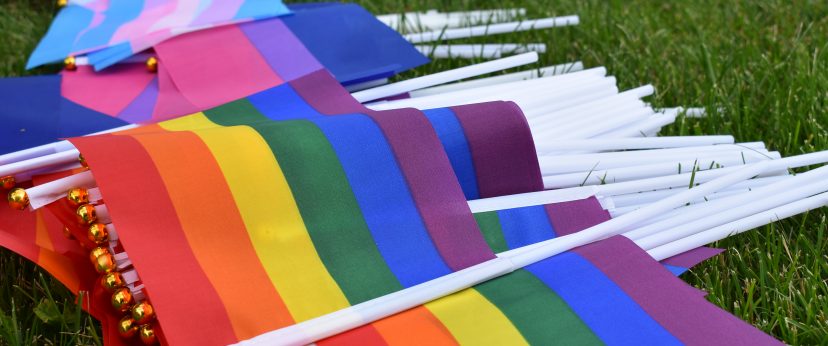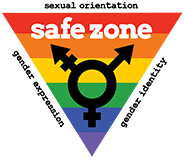
As a member of the LGBTQ+ community myself, I’ve always been curious as to why I
never heard about intimate partner violence within queer relationships. I always just assumed
that meant that there was less of it in queer spaces- that our community was so close-knit that it
was almost non-existent. But unfortunately, as I’ve learned, this isn’t the case at all. With June
being nationally recognized as Pride Month, it’s a good time to educate ourselves and
acknowledge the perpetuation of intimate partner violence, or IPV, in LGBTQ+ relationships whether we identify as a part of the community or not. Unfortunately, many domestic violence and sexual assault crisis centers are not adequately equipped to assist queer people dealing with abuse, and this is a big reason why we don’t hear about it as often as we hear about IPV occurring within heterosexual relationships. Safe Passage is proud to be a center that is equipped to help, as both perpetrators and survivors of abuse have diverse lives, backgrounds, and experiences that should not and do not impact how they are treated here at the center.
Different stereotypes exist that center on IPV within LGBTQ+ relationships. These
harmful stereotypes can cause abuse in queer relationships to oftentimes go overlooked. For
example, queer people are more likely to be subject to demonization compared to their
heterosexual counterparts. This gives the impression that LGBTQ+ people abuse their partners
more frequently, even though this is false. Conversely, many people glorify LGBTQ+ people and
assume that since they are queer that they would never perpetrate IPV; this is an idea I held for a
large part of my life, but it is also untrue. Contrary to both of these assumptions, according to
research compiled by the Williams Institute, queer people are victims of IPV at approximately
the same rate as heterosexual people (Brown & Herman, 2015, p. 3).
IPV within LGBTQ+ relationships is a prevalent issue that should be understood and
addressed. While it’s reported around the same amount as heterosexual IPV, there is a particular
reason as to why the rate of IPV within queer relationships could be higher than what has been
recorded. Adrienne Blenman, a queer IPV survivor, shares in LGBTQ Intimate Partner Violence
her experience with seeking support from her friends.
“The lesbians I did speak to were adamant that I not talk about this
too much or go to any type of shelter for help. Their biggest fear
(and a very realistic one) was that the lesbian community as a
whole would suffer even more abuse and derision from
heterosexual society, which already saw us as sick and perverse,”
(Messinger, 2017, p. 120).
Safe Passage takes pride in that we unconditionally support the LGBTQ+ community. So this
pride month, we urge you to be understanding and supportive of queer people who are coping
with IPV in their lives – abuse can happen to anyone, regardless of sexuality and gender identity,
and it’s important that we recognize and acknowledge it.
Written by: Breanna Smith
Resources:
Brown, T. N. T., Herman, J. L. (2015). Intimate Partner Violence and Sexual Abuse among
LGBT People: A Review of Existing Research. The Williams Institute.
Messinger, A. M. (2017). LGBTQ intimate partner violence: Lessons for policy, practice, and
research. University of California Press: Oakland, CA.



